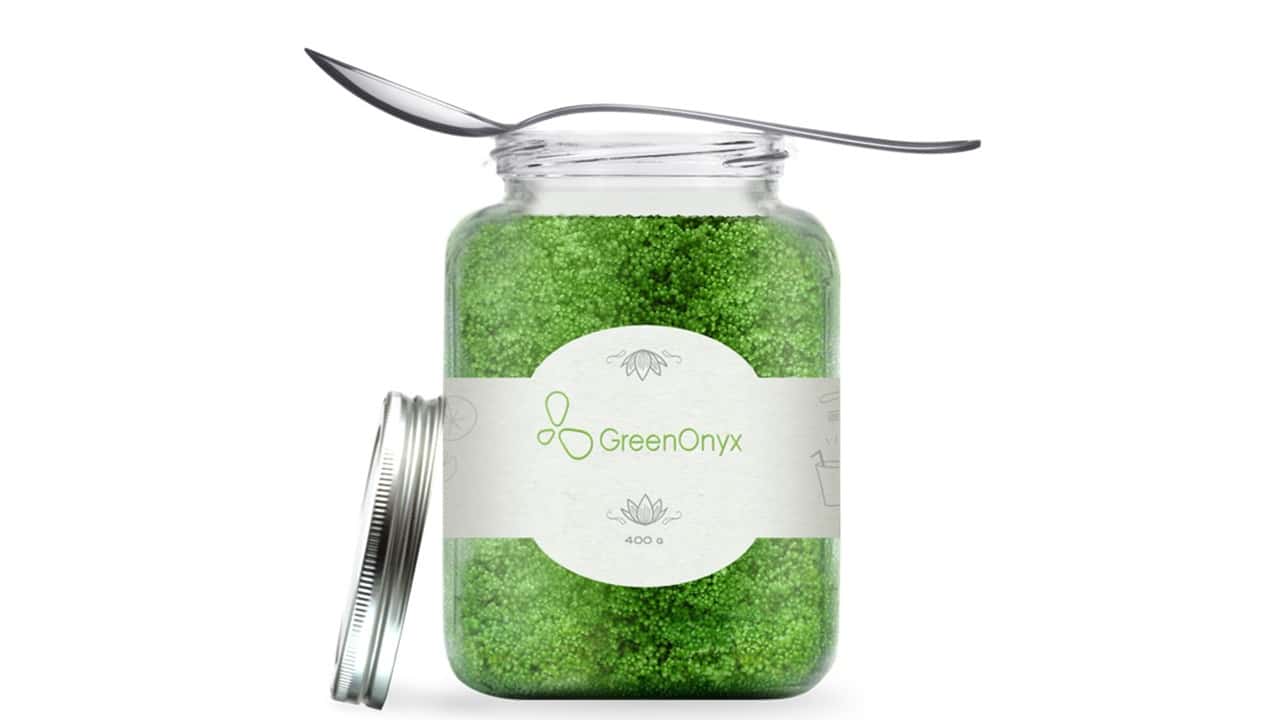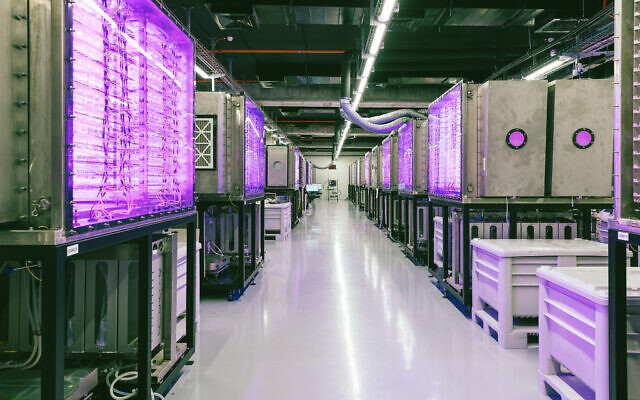
An Israeli agritech startup has unveiled what it called the first urban breeding farm to grow and produce fresh, affordable ready-to-eat duckweed-based green “caviar” all year long. The startup’s goal is to make highly nutritious superfoods as widely available to the general public as Diet Coke.
In order to cultivate extremely nutritious crops from seed to plate in deep-tech modular farms, GreenOnyx has created a sterile and totally autonomous AI-based cloud technology platform. This platform uses sophisticated farming techniques to bio-imitate the natural habitat conditions. The agritech startup grows water-based lentil greens all year long in full sterility without any human assistance, without needing any agricultural area, and regardless of the weather thanks to proprietary technology.
Several investors have backed the startup, including co-founder of the R2M hospitality and restaurant group Ruti Broudo, the Granot Group, and billionaire and serial entrepreneur Marius Nacht. The chairman of GreenOnyx is Aharon Fogel, formerly the CEO of Migdal Insurance & Financial Holdings Ltd.

In order to improve the immune system and lower the chance of contracting diseases, the co-founder and CEO of the startup, Dr Tsipi Shoham, set out to locate the healthiest vegetable ten years ago. He was a veteran of the cancer research field.
Shoham discovered wolffia arrhiza, a tiny water vegetable commonly known as duckweed, in the undeveloped regions of Thailand. The aquatic lentil plant, which floats in ponds and resembles green couscous or caviar, develops under challenging environmental conditions.
According to Shoham “My professional background in cancer research led to the recognition of the importance of wholesome fresh greens to promote cellular strength, prevent illness and disease, and promote longevity.” He added “Recognizing the tremendous potential health impact of greens phytonutrients, as well as the significant challenges, I changed my mission from oncology research to creating a breakthrough in the delivery and consumption of fresh greens.”

The startup can produce 40 tons of the small green grains it has named Wanna Greens annually at its enclosed modular urban farm facility in Tel Aviv, which more closely resembles a data centre with computer cabinets. The mildly flavoured, pint-sized green superfood can be included in any recipe or beverage. Due to their lack of exposure to contaminated or industrialized farming, they are more abundant in vitamins, minerals, antioxidants, and other essential phytonutrients than leafy green vegetables that are now on the market.

According to GreenOnyx, Wanna Greens have a fresh shelf life of six weeks and have more potassium, zinc, and iron than any other green vegetable, including spinach. “Every spoon you scoop is like picking greens right from the field,” the startup said.
The start-up has begun offering consumers a 200-gram Wanna Greens pint via its website for NIS 22 ($6.40), with plans to sell the superfood for $30 a kilogram. That’s following the marketing of its initial product at a number of Michelin-starred restaurants all around the world.
Shoham disclosed that the startup’s “vision is to bring about a revolution in the way we think about food production in urban areas by providing fresh, healthy, and sustainable food straight from the habitat to the plate and later, channelling the unique technology we possess to further develop our industry.”
This article was sourced from The Times Of Israel
Discover more from TechBooky
Subscribe to get the latest posts sent to your email.













